(Source: Adapted from Duluth Wheel of Equality )
Respect
Listening to partner non-judgmentally
Being emotionally affirming and understanding,
Value her or his opinions
Equal responsibility
Mutually agree on a fair distribution of housework
Making family decisions together
Negotiation and fairness with equal power
Seeking mutually satisfying resolutions to conflict
Accepting change
Being willing to compromise
Empathy and compassion
Recognising the impact of ones threatening behaviour induces fear in the other person
Use Non-threatening behaviours
Recognise emotional abuse causes stress and emotional trauma in the victim
Honesty and accountability
Accepting responsibility for one’s behaviour and abusive actions
Acknowledging past use of emotional abuse , violence
Admitting being wrong
Communicating openly and truthfully
Allowing social freedom to partner
To make friends
To speak to the opposite sex
To maintain contact with her family, social support network
Economic partnership
Making money decisions together
Own salary goes into one’s own account
Joint account password with both partners
No money is transferred out without checking with the other person
Making sure both partners benefit from financial arrangements
Responsible parenting
Sharing parental responsibilities
Not manipulating children against the other parent
Being a positive non-violent role model for the children
All carers in the extended family enrol for positive parenting classes early
No threats
Talking and acting so that she feels safe and comfortable while expressing herself and doing things
Listening
Valuing opinion
No threats of visa cancelation or deportation
Not using children as threats
Summary
To have a healthy relationship real mutual respect is the key. You accept, admire and respect each other for who you are. All disagreements are handled with respect and discussion, no party dominates all decision making. Please speak to your GP if you wish to have counselling to improve the health of your relationship.
Here are other numbers to call for information and assistance
1800 RESPECT (1800 737 732) National Sexual Assault, Family & Domestic Violence Counseling Line for any Australian who has experienced, or is at risk of, family and domestic violence and/or sexual assault.
131 114 Lifeline has a national number who can help put you in contact with a crisis service in your State (24 hours)
Police or Ambulance
000 in an emergency for police or ambulance.Men’s Referral Service for Australia- 1300 766 491

